Interview
Publisher of the Month with Foong Ling Kong
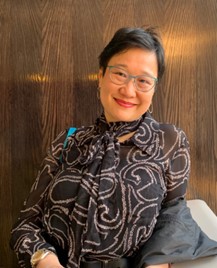 Foong Ling Kong is Publisher & CEO at Melbourne University Publishing. Over a two-decade trade publishing career, she has commissioned and edited predominantly non-fiction titles for several Australian publishers. Before her returning to Melbourne University Publishing, where she was Executive Publisher from 2006 to 2010, she was Editor of Debates for the Legislative Assembly at the Parliament of Victoria. She was on the boards of the Stella Prize and Overland, and managing editor of Anne Summers Reports.
Foong Ling Kong is Publisher & CEO at Melbourne University Publishing. Over a two-decade trade publishing career, she has commissioned and edited predominantly non-fiction titles for several Australian publishers. Before her returning to Melbourne University Publishing, where she was Executive Publisher from 2006 to 2010, she was Editor of Debates for the Legislative Assembly at the Parliament of Victoria. She was on the boards of the Stella Prize and Overland, and managing editor of Anne Summers Reports.
Continue reading for only $10 per month. Subscribe and gain full access to Australian Book Review. Already a subscriber? Sign in. If you need assistance, feel free to contact us.

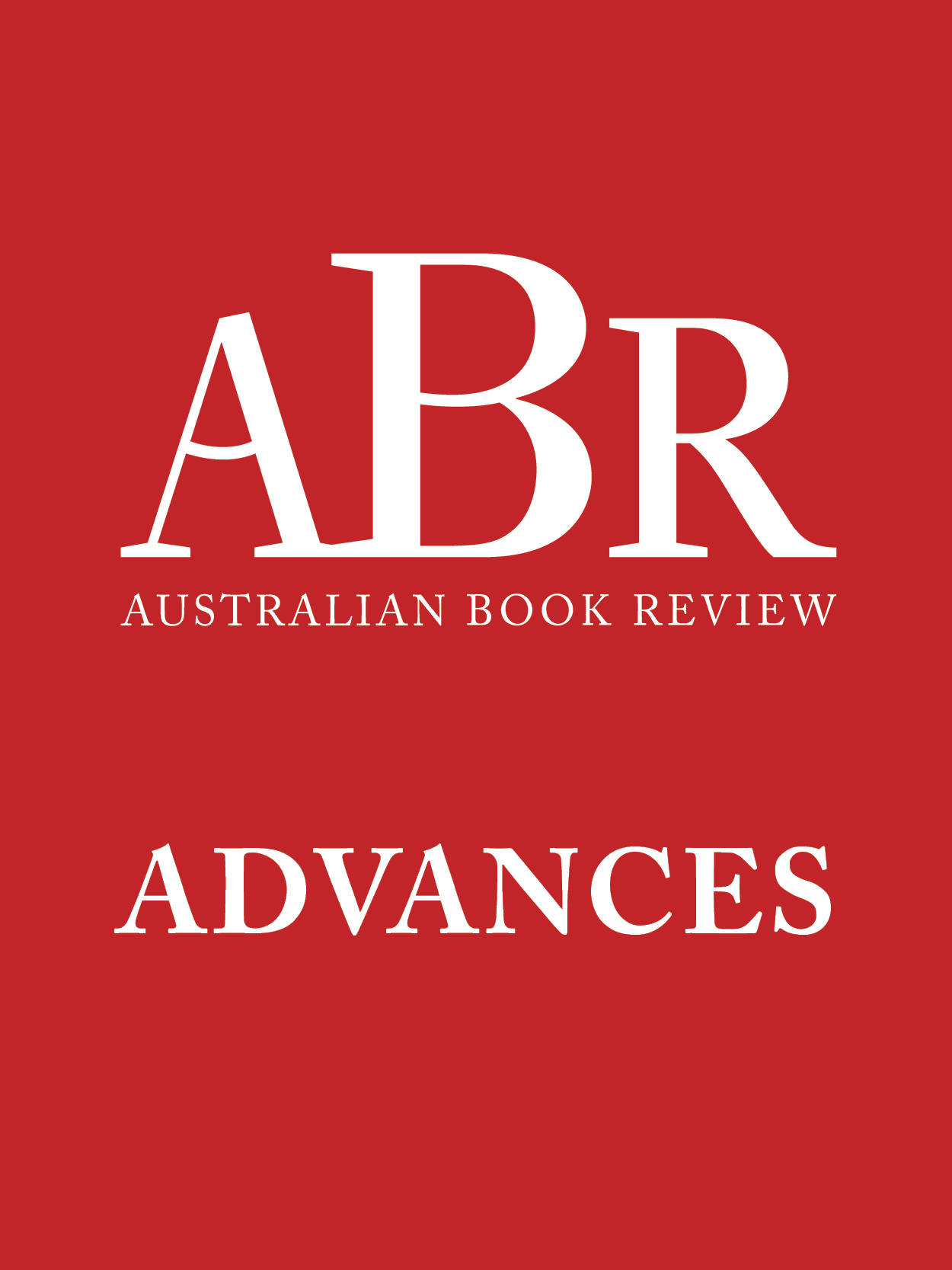

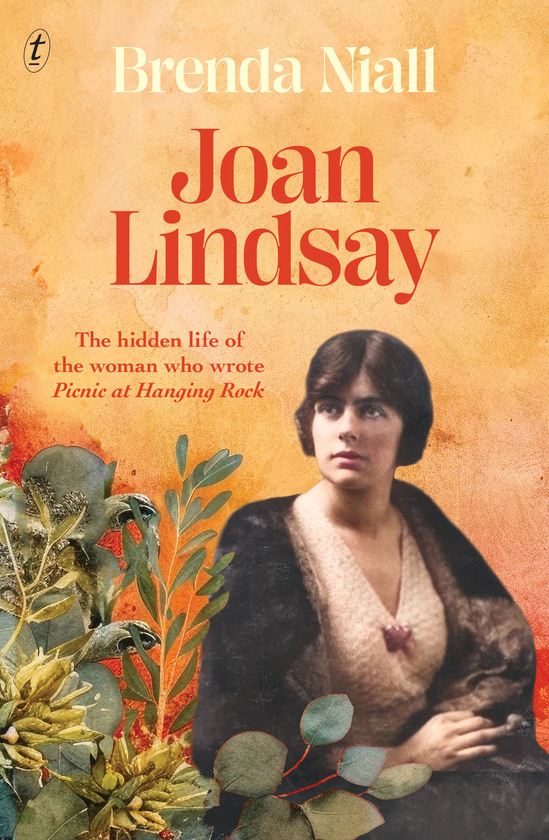
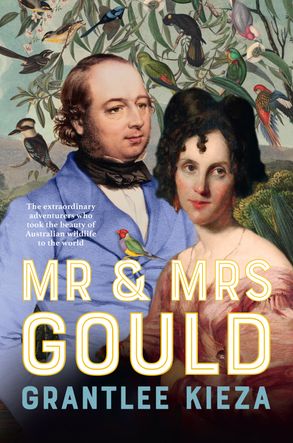
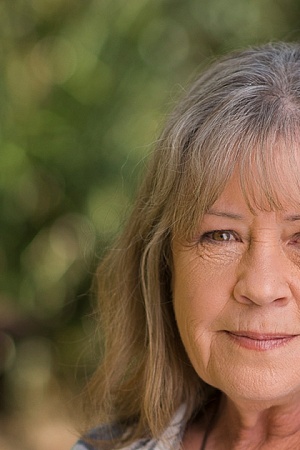


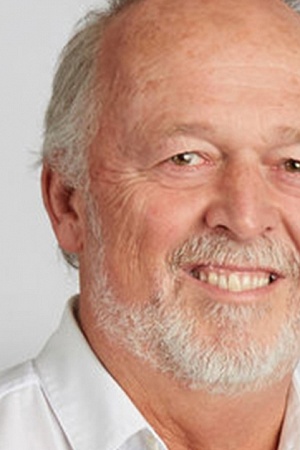
Leave a comment
If you are an ABR subscriber, you will need to sign in to post a comment.
If you have forgotten your sign in details, or if you receive an error message when trying to submit your comment, please email your comment (and the name of the article to which it relates) to ABR Comments. We will review your comment and, subject to approval, we will post it under your name.
Please note that all comments must be approved by ABR and comply with our Terms & Conditions.